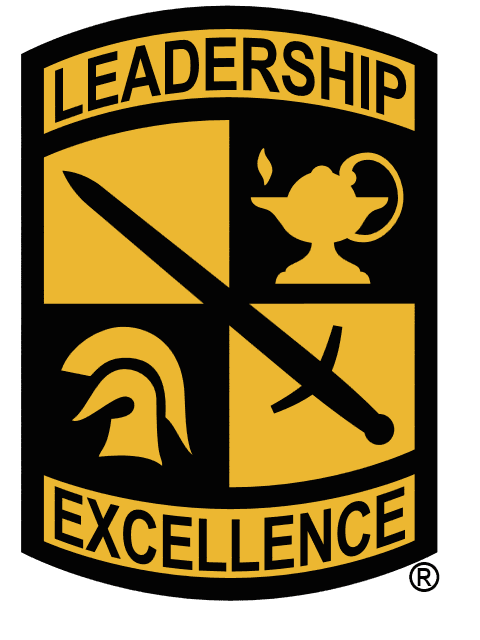STEPHENVILLE, Texas — Nearly 100 Tarleton State University ROTC cadets are preparing for the fall field training exercise (FTX) Nov. 22 and 23 at the Lietz Ranch, owned by ROTC benefactors Lt. Col. (Retired) Lloyd and Maj. (Retired) Gloria Lietz.
The training will focus on small-unit tactical military drills and squad leadership in preparation for the joint FTX in the spring and, ultimately, for Army training at Fort Knox, Ky.

Ninety-nine Tarleton cadets will execute the exercise, overseen by four Army ROTC cadre members.
Two seniors, Cadet Jacee Halliday and Cadet Sullivan Sanders, developed, planned, resourced and will manage the exercise with cadre oversight. Halliday is a senior political science major from Lipan; she will be commissioned in May 2023. Sanders is a senior kinesiology major from Killeen who will be commissioned Dec. 8.
The training will center on military tactical casualty care treatment, land navigation and small-unit tactical maneuvers, including reconnaissance, ambush and movement-to-contact tasks on an enemy.
“This robust FTX will test their larger organizational skills of a 45-soldier platoon conducting tactical maneuvers,” said Tarleton military science professor Maj. Daniel L. Shalchi. “These exercises will prepare them for their culminating Army training at Fort Knox, where they will be tested physically, technically, tactically and professionally on their military disciplines in their pursuit of becoming officers in the United States Army.
“This fall semester exercise will also better prepare our seniors to become tactical unit leaders in the Army when they commission as second lieutenants.”
A founding member of The Texas A&M System, Tarleton State University is breaking records — in enrollment, research, scholarship, athletics, philanthropy and engagement — while transforming the lives of approximately 18,000 students in Stephenville, Fort Worth, Waco, Bryan and online. For 125 years, Tarleton State has been committed to accessible higher education opportunities for all while helping students grow academically, socially and professionally through programs that emphasize real world learning and address regional, state and national needs.